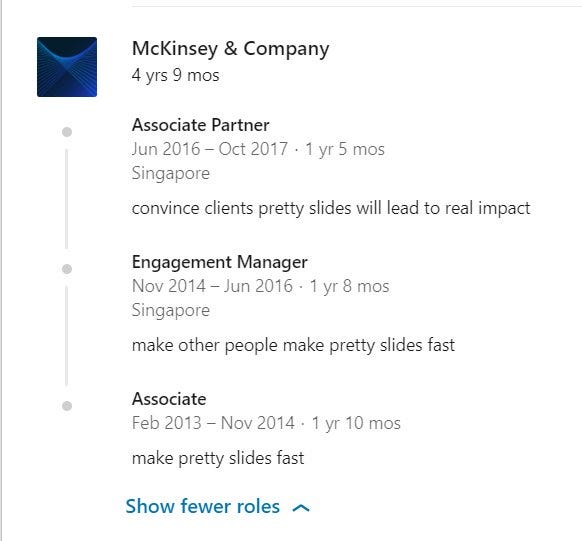Welcome to Sunday BS!
Some of you may have tuned in to Part 1 of my podcast interview with Paul Craven which I published on Friday. We talked markets, magic & mental shortcuts, and how real people make real decisions in the real world.
If you missed it, grab it here:
I’m writing this newsletter on the Jurassic Coast in Southern England which is rugged and beautiful. Since talking to Paul, I’ve been thinking more on the question of skill vs. luck and it reminded me of my recent visit to The National Gallery in London and its magnificent rooms of Renaissance art.
With an eight month old baby strapped to my front, there is limit to what one can see in one go; and so I was drawn to the Italian, Dutch and Flemish superbrands: Rembrandt, van Dyck, Rubens, Titian. These four were successful in their day and are still recognised as great exponents today. Beyond talent and contemporaneous patronage, why did their names sustain over centuries where others faded? My only conclusion so far is to explore the works of Jacob Jordaens, Frans Pourbus the Elder and Ferdinand Bol next time.
This jagged train of thought took me to Van Gogh; an outsider, a misfit and an artist whose recognised artistic output occupied a very small proportion of his life but whose celebrity and ubiquity knows no limits today. And this took me to the concept of “match quality”…
1) Match quality
‘Match quality’ is a term economists use to describe the degree of fit between the work someone does and who they are—their abilities and proclivities.
To find it, an individual who starts with no knowledge may test various possible paths in a manner that provides information as quickly as possible, and increasingly refines decisions about where to allocate energy.
The idea of never giving in is hard wired into us; but experimenting, making switches, planning short-term rather than long-term - and starting the process when younger, when taking risk has lower stakes - is the way to find match quality. Ofer Malamud, an economist at Northwestern University, discusses this in his paper Breadth vs. Depth: The Timing of Specialization in Higher Education. While generalising doesn’t give one the head start that narrow, specialised training does, Malamud says that ‘the benefits to increased match quality . . . outweigh the greater loss in skills.’ This head start is made up in the long run.
Most people don’t marry the person they date at 18, so why should one’s career path be different?
Back to Van Gogh. Van Gogh was itinerant for much of his life, sampling fast different matches as art dealer, printmaker and pastor before he found his match as a painter of bold, dramatic brushstrokes. Now he probably sells more mugs, mouse mats and kitchen aprons than your local department store.
Founder of Nike, Phil Knight wrote in his memoir ‘Shoe Dog’ that he ‘wasn’t much for setting goals.’ He wanted to fail fast enough to apply learning to the next venture.
Charles Darwin started in medicine, thought about the clergy, had a stint on HMS Beagle before becoming a biologist, naturalist and geologist.
Winston Churchill’s “never give in, never, never, never, never” is an oft-quoted trope. The end of the sentence is always left out: “except to convictions of honour and good sense.”
Be a quitter 🚦⏱️
2) Unknown unknowns
The devastation of Hurricane Ida in Louisiana and Mississippi last week reminded me of the difference between risk and uncertainty, on which subject Gerald Ashley is the doyen.
The former is quantifiable, the latter is not. Risk presents known unknowns, certainty unknown unknowns. Prior to the landfall, insured loss estimates ranged between $1bn and $20bn. That’s not a reflection of the quality of the modelling, but due to the impossibility of knowing exactly where the hurricane would hit, and what it would do next. A reminder for anyone building or using analytics and AI that real world uncertainty still trumps even the best models.
3) Radical honesty
This is why nobody really wants radical honesty 😂 🤷♂️
Please share this with others who enjoy talking BS, and leave me feedback on what you like and dislike here or on Twitter @danielsjross.
Have a great week!
Daniel





